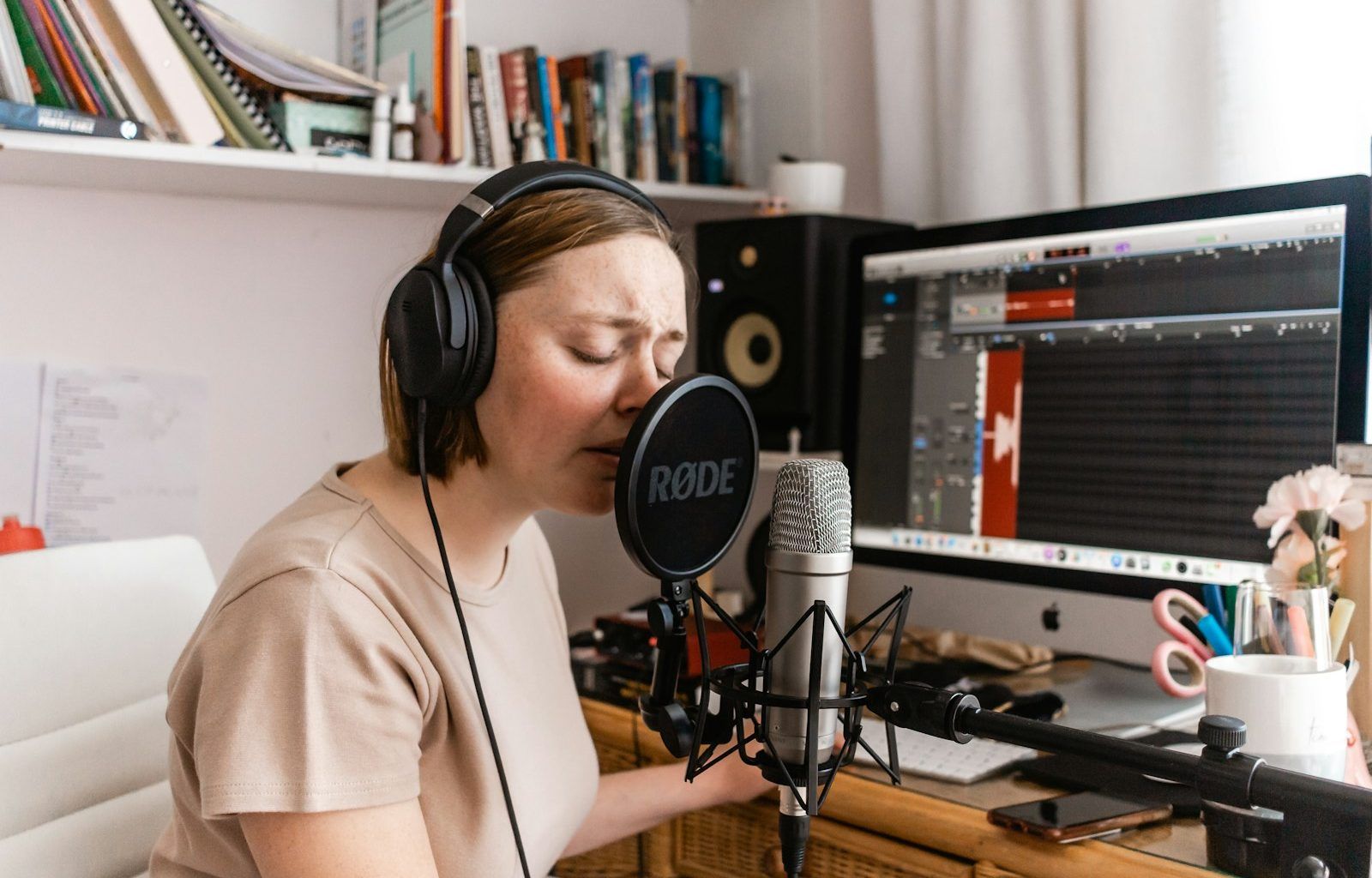If you’re an independent artist looking to share your music with the world, Spotify is one of the best platforms to do it. With millions of active users, it provides a massive audience for your music. But the best part? You can actually get paid when people listen to your tracks. So, if you’ve been wondering how to distribute your single on Spotify to get paid, you’re in the right place!
Why Choose Spotify for Music Distribution
Spotify is a powerhouse in the music streaming industry. With its vast reach and user-friendly interface, it helps artists gain visibility and earn royalties. Whether you’re an emerging artist or an established one, having your music on Spotify allows you to connect with fans and build your career.
When you distribute your single on Spotify, you can enjoy perks like playlist placements, fan engagement insights, and of course, earnings. The platform calculates payouts based on streams, so the more listeners you attract, the better your earnings.
Steps to Distribute Your Single on Spotify
Now that you’re excited to get started, let’s break down the steps to distribute your single on Spotify to get paid.
1. Choose a Music Distributor
Spotify does not allow artists to upload music directly to the platform unless they are signed to a major label. That’s where music distributors come in. These services act as a bridge, helping you upload and manage your tracks on Spotify and other streaming platforms.
Popular music distribution platforms include:
- Delivermytune
- TuneCore
- CD Baby
- AWAL
- Amuse
Each distributor has its own pricing, features, and payment methods, so it’s important to choose one that fits your needs.
2. Prepare Your Music
Before you can distribute your single on Spotify, make sure it’s ready for the world to hear. This means having a high-quality recording, proper mixing and mastering, and finalizing the track title, artist name, and cover art.
Spotify has specific requirements for audio files, so ensure your single meets them. Usually, they require:
- WAV or FLAC format for best quality
- Artwork with a minimum resolution of 3000×3000 pixels
- Proper metadata (track name, artist, genre, etc.)
3. Upload Your Music to the Distributor
Once your music is polished and ready, you’ll need to upload it to your chosen distributor. This process usually involves:
- Creating an account
- Filling in details about your single
- Uploading the audio file and artwork
- Selecting a release date
Many distributors also let you choose additional platforms to distribute your music, like Apple Music, Amazon Music, and more.
4. Set Up Payment Details
Since you want to distribute your single on Spotify to get paid, setting up your payment details is crucial. Most distributors pay artists through PayPal, bank transfers, or direct deposits.
Make sure to provide accurate banking details to avoid payment delays.
5. Promote Your Single
Once your music is live on Spotify, promotion is key to maximizing your earnings. You can promote your single by:
- Sharing it on social media platforms
- Adding it to your website or blog
- Pitching it to Spotify playlists
- Running ads on Instagram, TikTok, or YouTube
- Collaborating with influencers or fellow artists
The more you promote, the more listeners you’ll attract, leading to higher payouts.
How Spotify Pays Artists
Spotify pays artists through a royalty system based on the number of streams. However, it’s important to understand that the payout per stream is relatively small, so building a large listener base is essential.
The typical process includes:
- Spotify collects revenue from ads and subscriptions.
- Your distributor collects the earnings and deposits them into your account.
On average, Spotify pays between $0.003 to $0.005 per stream. This might not sound like much, but with enough streams, it adds up.
Maximizing Your Earnings on Spotify
If you want to distribute your single on Spotify to get paid well, you need to focus on growth strategies. Here are some tips to increase your streams and earnings:
1. Release Music Consistently
Releasing music regularly keeps your audience engaged and increases your chances of landing on algorithmic playlists. Spotify’s algorithms favor artists who are consistent with their releases.
2. Engage With Your Fans
Building a loyal fan base is one of the best ways to boost your earnings. Interact with your fans on social media, respond to comments, and show appreciation for their support.
3. Submit to Spotify Playlists
Getting featured on Spotify’s official or user-generated playlists can skyrocket your streams. Use the Spotify for Artists tool to pitch your songs directly to playlist curators.
Platforms like TikTok and Instagram are great for music discovery. Create engaging content using your single and encourage your followers to do the same.
5. Collaborate with Other Artists
Collaborating with other musicians helps you tap into their audience and increase your reach. Look for artists in your genre and work together on projects or features.
Common Mistakes to Avoid
When you distribute your single on Spotify to get paid, it’s easy to make mistakes that can hinder your success. Avoid these common pitfalls:
- Ignoring Metadata: Incorrect song titles or artist names can cause distribution issues.
- Skipping Promotion: Relying only on organic reach won’t get you far.
- Choosing the Wrong Distributor: Each distributor offers different terms; pick one that suits your goals.
Conclusion
Distributing your single on Spotify to get paid is an exciting opportunity for any independent artist. By choosing the right distributor, promoting your music effectively, and engaging with your audience, you can turn your passion into a steady income stream.
Now that you know the steps, it’s time to take action and share your music with the world. Start today and watch your music career grow!
Related Articles:
For further reading, explore these related articles:
- Release Your Song on All Digital Stores Without a Label
- How to Quickly Release Your Song on All Digital Stores
For additional resources on music marketing and distribution, visit DMT RECORDS PRIVATE LIMITED.






